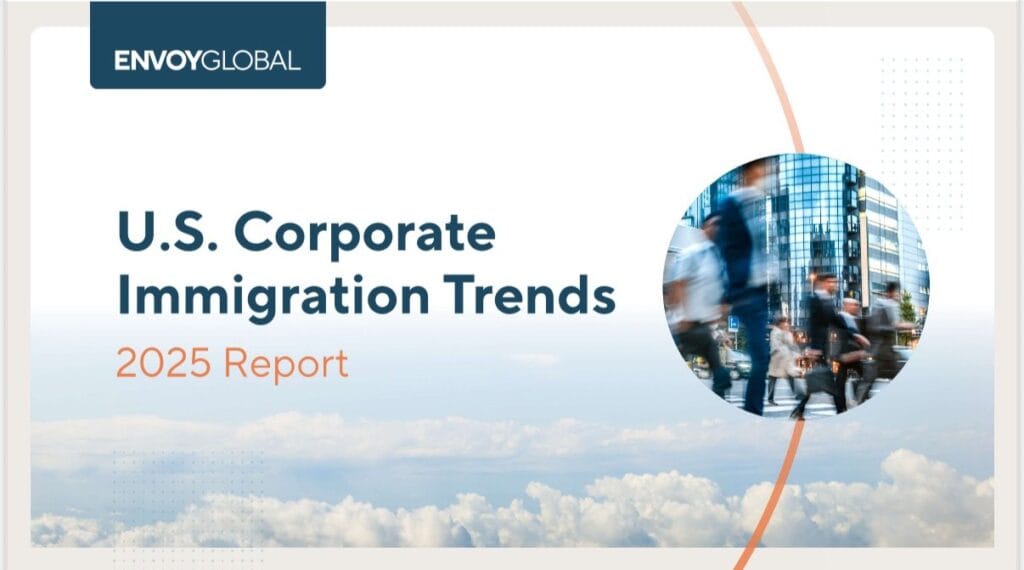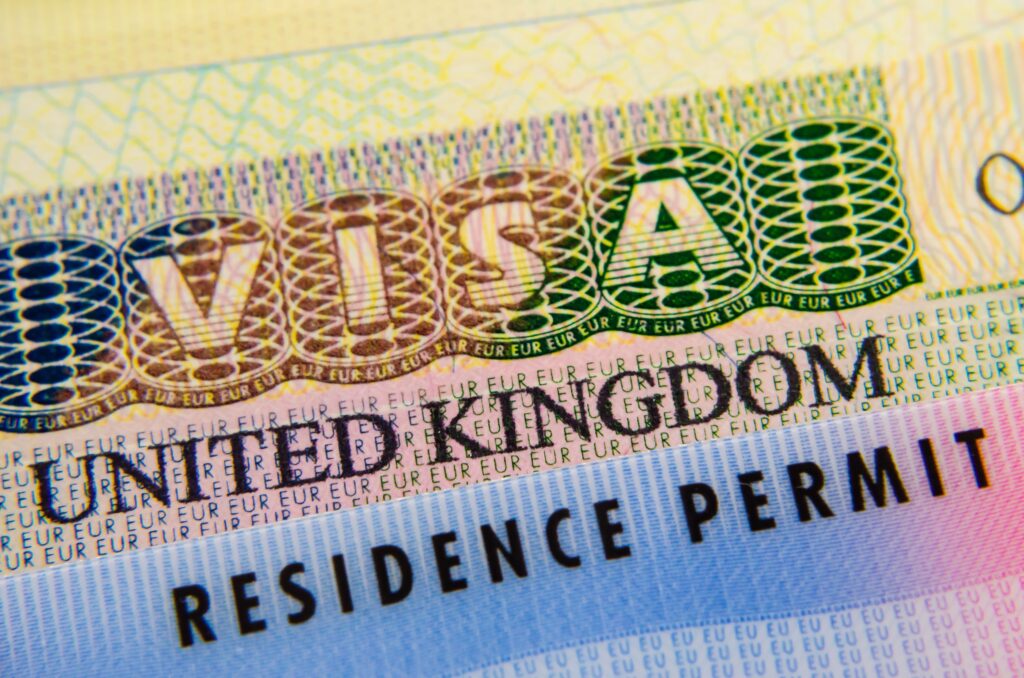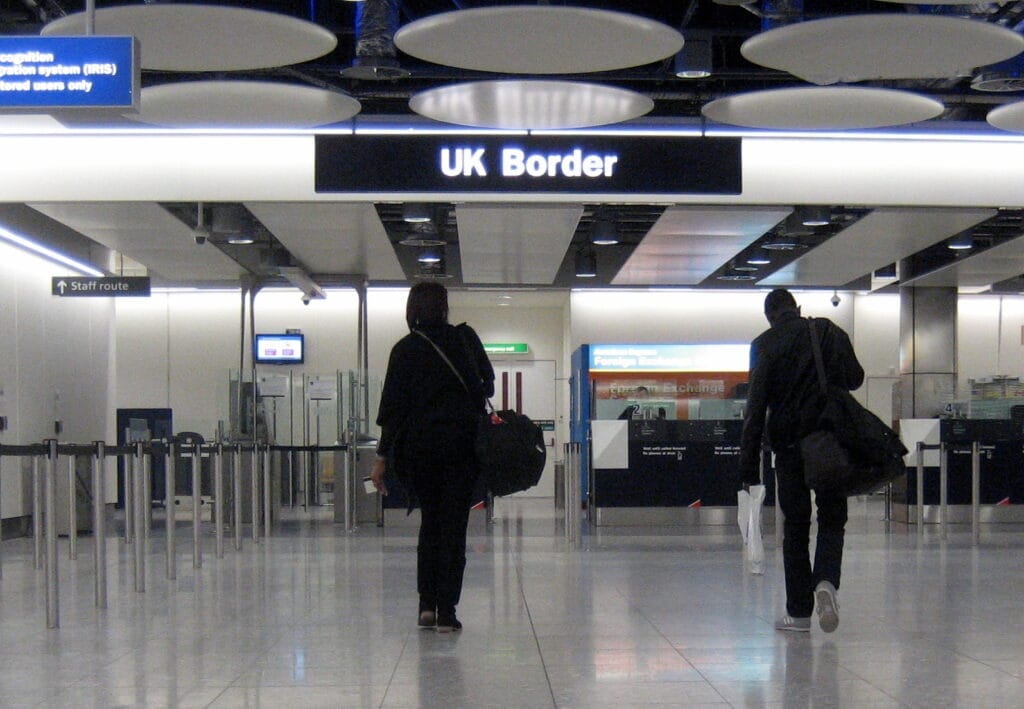Standard Visitor
Visa
Visit the UK for a temporary period
A Standard Visitor visa allows foreign nationals to come to the UK for short-term visits, usually for up to 6 months at a time. This visa is intended for tourism, business, short-term study and other permitted activities.
Do I need a visa?
Under UK immigration rules, foreign nationals can visit the UK for temporary periods to carry out certain permitted activities. Depending on your nationality and your individual circumstances, you will either:
- Have to apply for a Standard Visitor visa before you travel to the UK
- Be able to visit the UK for up to 6 months without needing a visa.
You can check if you need a visa before you apply.
Eligibility
When you apply for a Standard Visitor visa, you will need to satisfy the Home Office that:
- You will leave the UK at the end of your visit
- You are able to support yourself and your dependants during your trip (or have funding from someone else to support you).
- You are able to pay for your return or onward journey (or have funding from someone else to pay for the journey).
- You will not live in the UK for extended periods through frequent or successive visits, or make the UK your main home.
There are extra eligibility requirements if you are visiting the UK for specific purposes, for example if you are carrying out a permitted paid engagement, visiting for medical reasons or visiting to take an exam or do a placement.
Permitted activities
You can visit the UK as a Standard Visitor:
- For tourism, for example on a holiday or vacation.
- To see your family or friends.
- To volunteer for up to 30 days with a registered charity.
- To pass through the UK to another country (‘in transit’).
- For certain business activities, for example attending a meeting or interview.
- For certain paid engagements or events (a ‘permitted paid engagement’) as an expert in your profession, for example to give lectures or perform.
- To take part in a school exchange programme.
- To do a recreational course of up to 30 days, for example a dance course.
- To study, do a placement or take an exam.
- As an academic, senior doctor or dentist.
- For medical reasons.
You cannot:
- Do paid or unpaid work for a UK company or as a self-employed person, unless you’re doing a permitted paid engagement or event.
- Access public funds.
- Live in the UK for long periods of time through frequent or successive visits.
- Marry or register a civil partnership, or give notice of marriage or civil partnership – You will need to apply for a Marriage Visitor visa instead.
Those using the Standard Visitor route for business purposes should take extra care to ensure the activities they are carrying out in the UK are permitted under the rules and do not constitute ‘work’, for which you would need to apply for a work visa instead. We recommend seeking advice from a qualified immigration advisor if you are unsure.

Costs
It costs £115 to apply for a Standard Visitor visa to visit the UK for up to 6 months.
Higher fees apply in certain circumstances, such as for academics and medical visitors, and if you are applying for a long-term Standard Visitor visa.
How to apply
If you need a Standard Visitor visa, you must apply online before you travel to the UK and attend an appointment at a visa application centre. The earliest you can apply is 3 months before you travel.
Processing times
Once you have applied online, proved your identity and provided your documents, you will usually get a decision on your visa within 3 weeks.
How long you can stay
A Standard Visitor visa is intended to facilitate short-term visits to the UK, and is usually valid for up to 6 months. You might be able to apply to stay for longer in certain circumstances, for example to get medical treatment.
If you visit the UK regularly, you can choose to apply for a long-term Standard Visitor visa instead. You can apply for a 2 year, 5 year or 10 year long-term Standard Visitor visa, each with a maximum length of stay of 6 months per visit.
Visa-free travel (ETA)
By April 2025, all visitors who do not need a visa will need an Electronic Travel Authorisation (ETA) to travel to the UK. The scheme is part of the UK government’s plans to strengthen and digitise the UK border and immigration system.
An ETA is an advance permission to travel to or transit through the UK for those who do not currently require a visa, or do not have a UK immigration status.
Once granted, an ETA will be valid for multiple journeys to the UK for stays of up to 6 months at a time over 2 years, or until the holder’s passport expires – whichever is sooner.
It costs £10 to apply, and the application process can be completed online or by using the UK ETA app. Currently, applications are being processed within around 3 days.
How we can help
The Standard Visitor visa is one of the most common categories in which the Home Office issues visa refusals, therefore it is important to get your application right the first time to avoid having to invest extra time and money to apply for a second time.
We recommend seeking advice from a qualified immigration advisor if you are unsure about any part of the application process. If you require support with submitting a new application, Smith Stone Walters can help. To speak to an immigration advisor, please contact us today.
note:
This page is intended for informational purposes only. Immigration rules are subject to change and may vary based on your individual circumstances. For up-to-date advice and guidance, please contact Smith Stone Walters.
Frequently asked questions
These individuals are invited to come to the UK because of their particular skills and expertise. They may apply to come to the UK for up to one month without the need to be sponsored under the points-based system.
The category is for visiting examiners or assessors, lecturers, overseas designated pilot examiners, specific legal professionals, professional artists, entertainers and sportspersons. Visitors in this category must provide a formal invitation to undertake the pre-arranged engagement and show that the engagement relates to their expertise and/or qualifications and full-time occupation in their home country.
Please ask us for more information on this category if it is of relevance to you.





